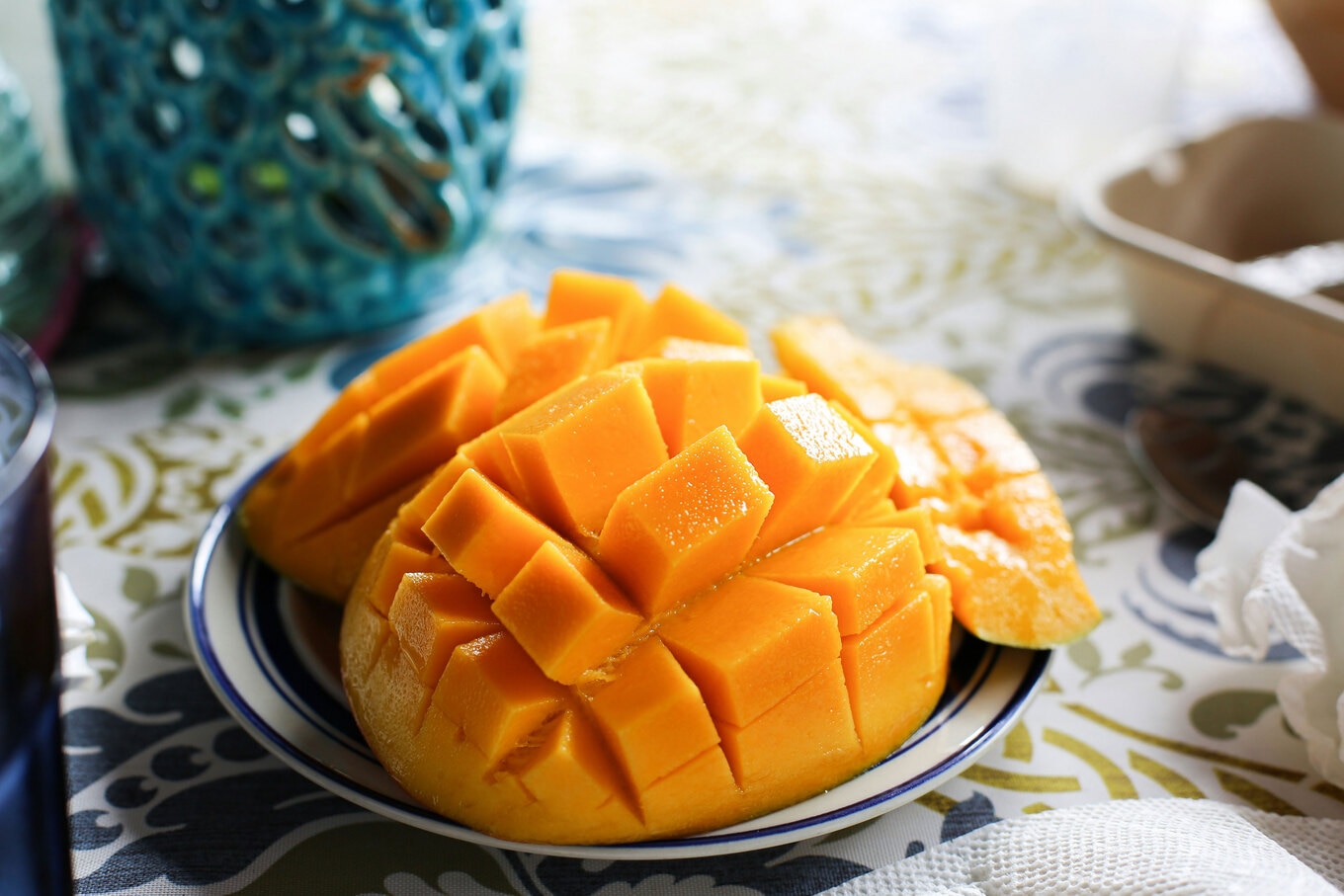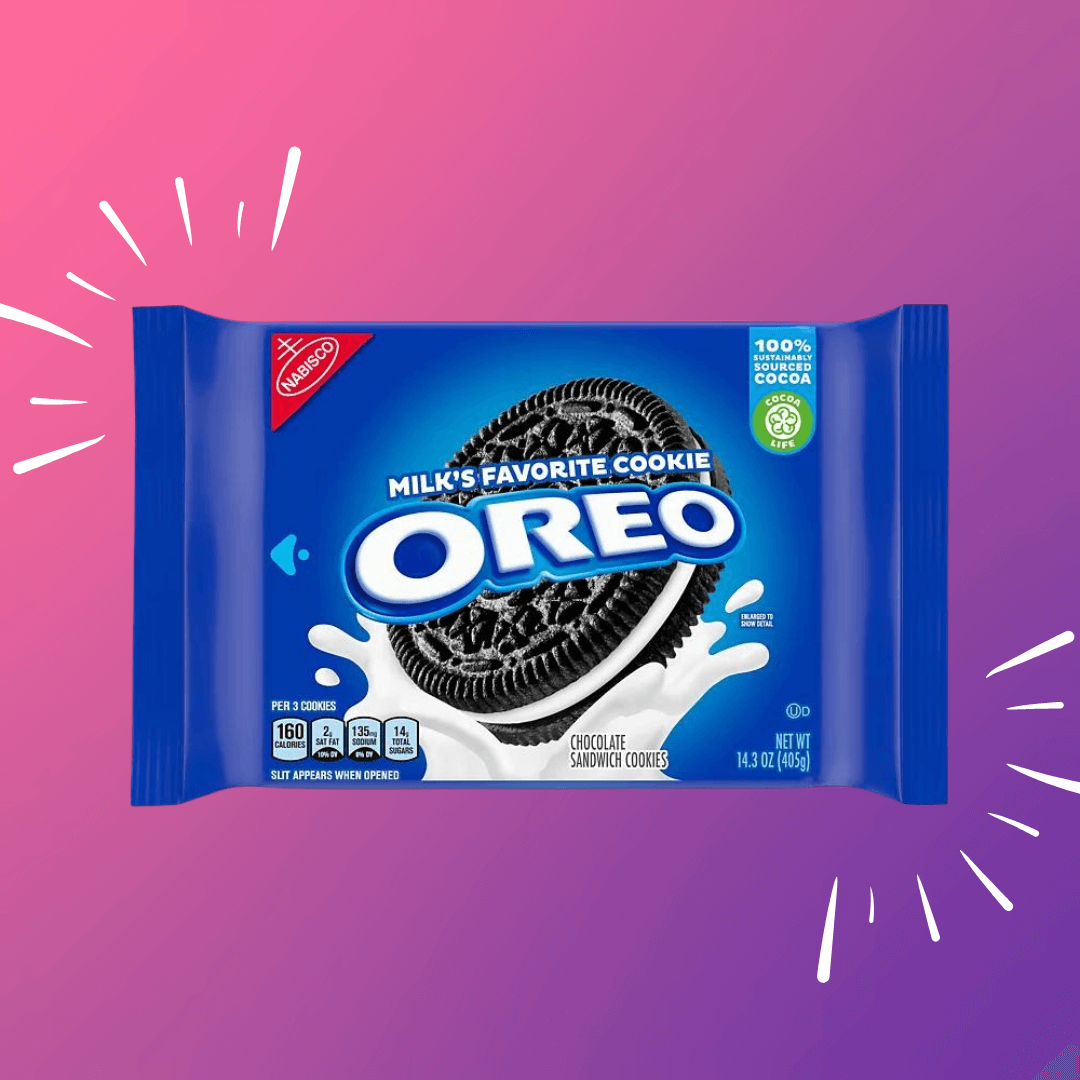Have you been eyeing the digestive enzymes in the supplement aisle? Then you’ve noticed that marketing schemes and bloggers claim they fix everything from leaky gut to diabetes to basic bloat. It’s hard not to be enticed, but what does it all mean?
Turns out there truly are some real benefits to cultivating good digestive enzymes, and the best way to harness these stomach-soothing catalysts is by eating plants.
Table of Contents
What are digestive enzymes?
Digestive enzymes are proteins that help the body break down food, absorb nutrients, and aid with digestion. Enzymes play a crucial role in making macronutrients available to the body, but they also make micronutrients (vitamins and minerals) accessible. Eating nutrient-dense foods and taking supplements doesn’t guarantee you’ll actually absorb them, which is why healthy digestive enzymes are so important. Their role of extracting waste is also essential, as it helps food move along the digestive system.
Getty
Enzymes are made of amino acids, the building blocks of protein, but digestive enzymes are identified by the macronutrient (carbohydrate, protein, and fat) they break down. Three of the main types of digestive enzymes are:
- Amylase: Found in saliva, amylase breaks down carbohydrates in food and converts them into the sugars that fuel us. This is why it is important to spend extra time chewing your food. Chewing thoroughly and eating slowly gives amylase more time to break down your food, giving your body a jumpstart on digestion.
- Protease: These enzymes breakdown proteins and actually help the body decide when to use them. Protease also “helps keep bacteria, yeast, and protozoa out of the intestines,” writes Healthline.
- Lipase: Fat is broken down and converted into glycerol and fatty acids (like those good-for-you omegas) by lipase with the help of bile in the liver.
Digestive enzymes are naturally occurring in the body and are made by the digestive system, with the pancreas doing the bulk of the work. All three of the above enzymes are made in the pancreas, and amylase is also made in the mouth, explains Hopkins Medicine.
What about enzyme supplements?
Like most over-the-counter supplements, enzyme supplements aren’t regulated or verified, which means that choosing trustworthy products is essential.
Studies have shown that supplemental enzymes from animal sources are pH-sensitive, and plant-based enzyme supplements are more effective because they can withstand the acids in our stomachs.
 Getty
Getty
“Enzymes derived from plant sources are touted as remaining active over a broader pH range, whereas animal-derived enzymes function in a narrower pH range,” Mayo Clinic Proceedings reports. “This wider pH range may protect plant-based enzymes from being degraded in the acidic environment of the stomach.”
It’s important to note, however, that a healthy individual doesn’t require enzyme supplements. If you’re thinking of taking digestive enzyme supplements, talk to your healthcare provider first, as products on the market aren’t FDA-regulated—some even make claims not backed by evidence.
Can enzymes improve gut health?
Enzymes play an important role in maintaining good gut health and overall health, too. These essential proteins help with proper digestion, nutrient absorption, toxin elimination, and even help build muscles and aid with breathing, explains the Cleveland Clinic.
An imbalance of enzymes, the Clinic notes, can result in health disorders such as Crohn’s disease, lactose intolerance, exocrine pancreatic insufficiency, and more.
 Getty
Getty
Plant-derived digestive enzymes are being explored as a therapeutic treatment for celiac disease and are also the subject of ongoing studies regarding general gluten-intolerance. When combined with certain probiotics, enzyme supplements can improve immune function and may effectively break down gluten.
Beyond that, bromelain, a protease enzyme from pineapple, has been shown to reduce inflammation and swelling, prevent dangerous blood clot formation, and even improve the symptoms of osteoarthritis (OA). When you add chymotrypsin, this powerful enzyme duo can reduce pain and swelling from fractures—comparable to over-the-counter pain medicine like aspirin. This duo has also been shown to speed up the healing of cuts and burns, too. And new studies are exploring enzyme inhibition for things like weight loss, diabetes, psychiatric illnesses, and Alzheimer’s Disease. So the bottom line here is that from celiacs to inflammation to osteoporosis, research is showing that digestive enzymes can help with a number of chronic issues.
Does hydration help maximize digestive enzymes?
Stay hydrated, but don’t drown your gut. Drinking water improves digestion, but drinking directly before or during your meal reduces the concentration of stomach acids, including digestive enzymes. Also, drinking water to “catch up” on your hydration can increase gas, bloating, and discomfort, often misidentified as poor digestion. Sip throughout the day and you’ll put those enzymes to work.
 Desirae Hayes Vitor/Unsplash
Desirae Hayes Vitor/Unsplash
What foods contain enzymes?
Eat and cook with a variety of enzyme-rich foods. Ever hear the phrase, “eat your colors?” Those colors are an indicator of a nutrient-dense, enzyme-rich food. Examples include:
- Apricot (carbohydrase)
- Avocado (lipase)
- Banana (carbohydrase)
- Ginger (protease)
- Kiwi (protease)
- Mango (amylase)
- Papaya (protease)
- Pineapple (protease)
Fermented foods like kimchi, sauerkraut, tempeh, and miso typically have all three! These high-enzyme foods can be eaten raw or cooked. Eat up your enzymes by topping your vegan hotdog with sauerkraut, finishing a salad bowl with kimchi, or marinating your tofu in a miso sauce.
Suzannah Gerber (Chef Suzi) executive chef of Haven Vegan Consulting, is a food and medical industry consultant, and the author of Plant-Based Gourmet.






